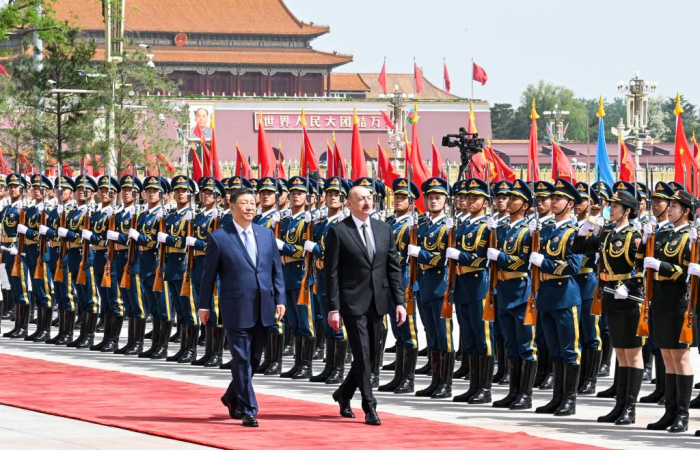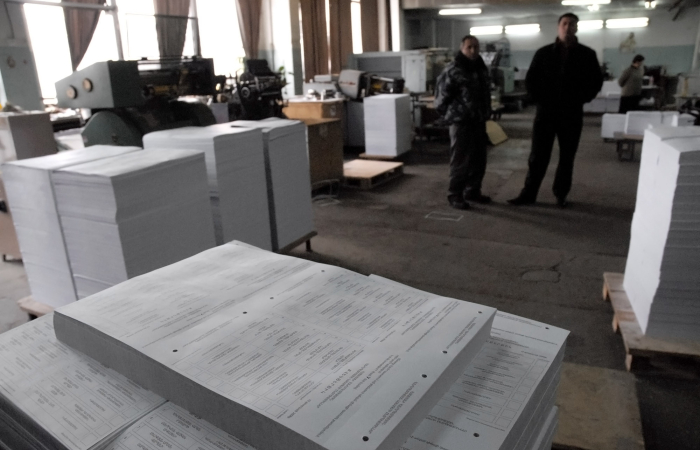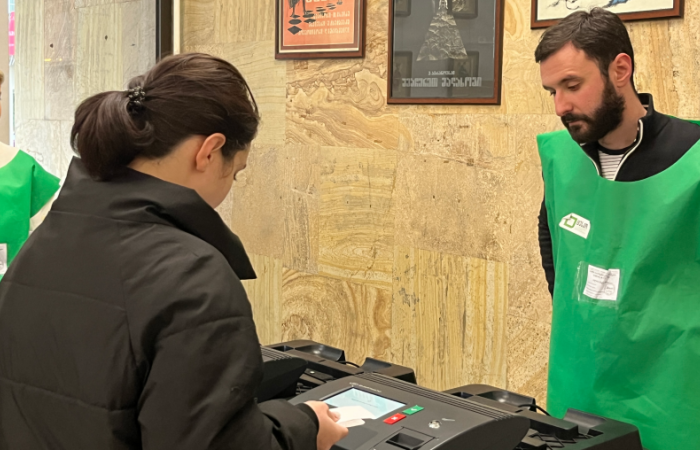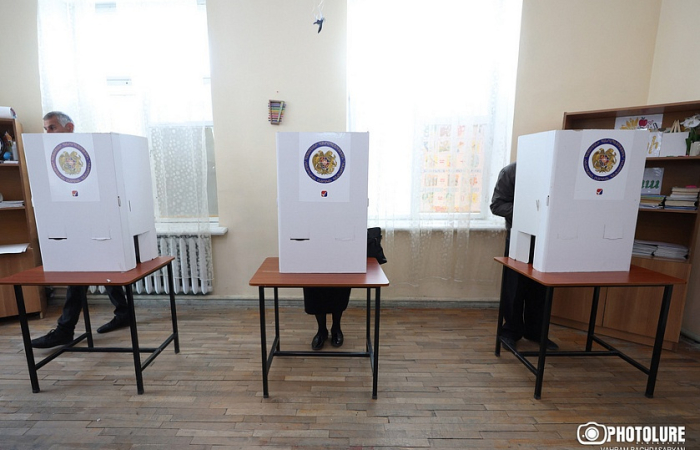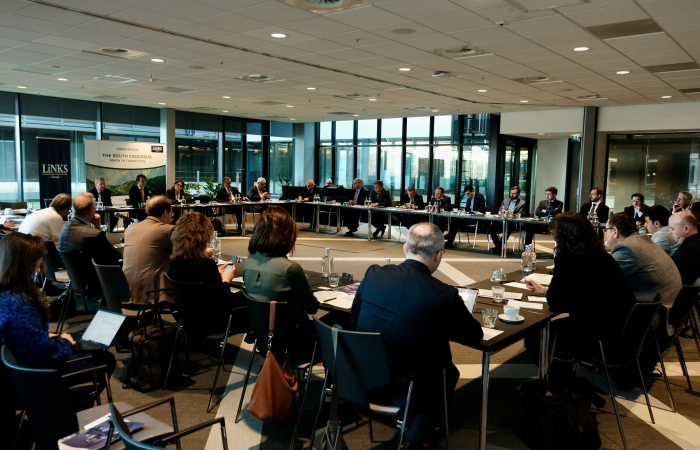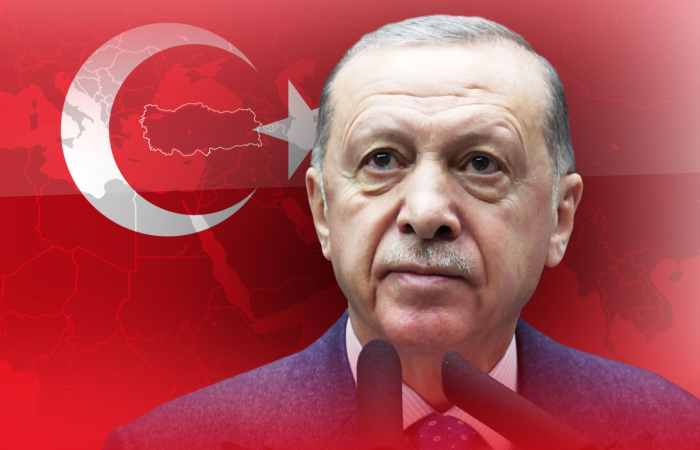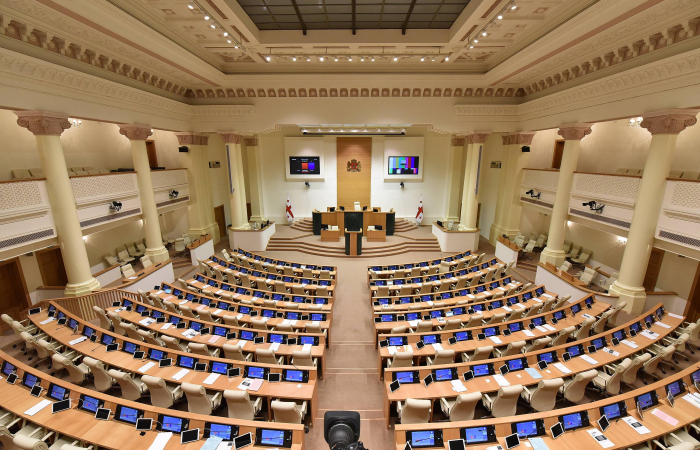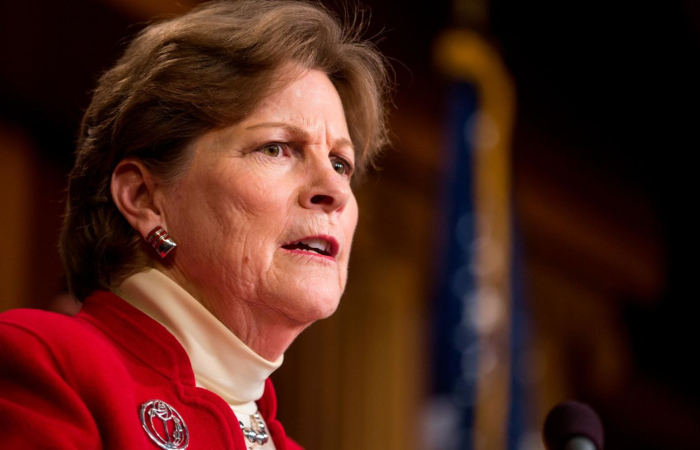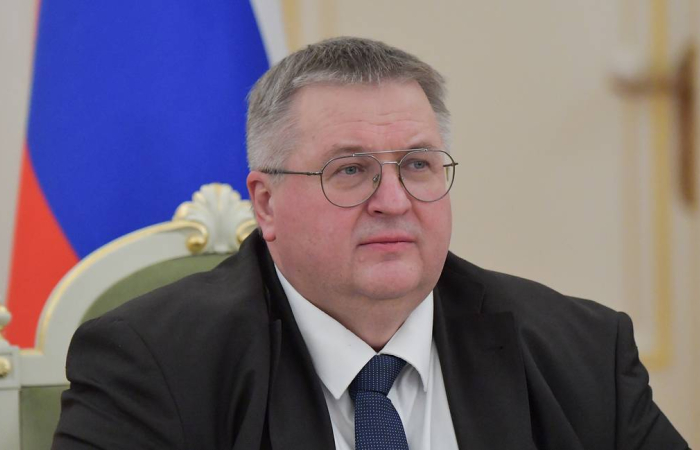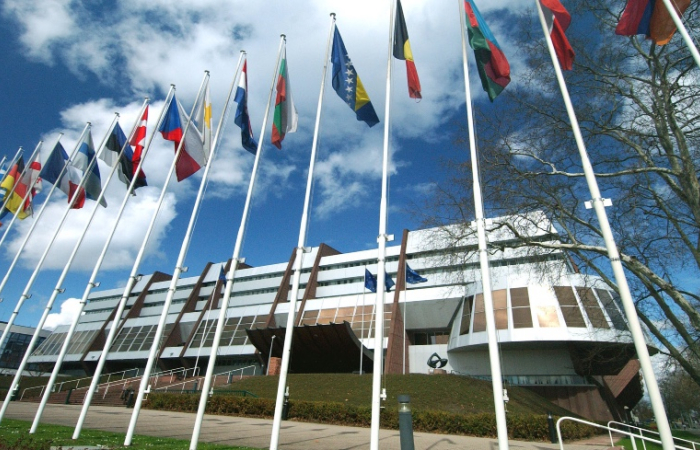Editor's choice
This is a members’ functionality. Please
Sign upNews
Trending
Statement of the Armenia-Azerbaijan Political Dialogue Platform
3 April 2025
ARMENIA-AZERBAIJAN EXPERT POLITICAL DIALOGUE PLATFORM
STATEMENT – 3 April 2025
The first meeting of the new Armenia-Azerbaijan Political Dialogue Platform was held in The Hague, The Netherlands on 2–3 April on the margins of the Conference organised by LINKS Europe entitled “The South Caucasus: Again in Transition”.
The meeting was attended by the following members of the platform: Stepan Grigoryan (Armenia), Johnny Melikyan (Armenia), Benyamin Poghosyan (Armenia); Ahmad Alili (Azerbaijan); Mehman Aliyev (Azerbaijan) and Ramazan Samadov (Azerbaijan). LINKS Europe is facilitating and chairing the Platform.
The members of the platform noted with pleasure that Armenia and Azerbaijan had in the last eighteen months, in direct negotiations, discussed and reached agreements on a number of issues, including on issues related to border delimitation and the text of a peace agreement between them. The members of the Platform welcomed these developments and stated their readiness to work together to strengthen and build on these achievements. The members of the platform stated that they remain vigilant to the risk of a deterioration of the situation and will do their utmost to prevent any such deterioration.
The members of the platform welcomed the focus on the European Union and Turkey, as key external partners of the region, in the conference “The South Caucasus, again in transition”.
On the European Union, the members of the platform noted recent developments and efforts by the EU to play an increased positive role as a global player. The members of the platform welcomed the continued interest and engagement of the EU with the South Caucasus. The members of the Platform called on the EU to develop a unified and clear strategy on the South Caucasus and called for discussions on this strategy to start.
The members of the platform discussed a number of practical steps that they will take in the future, including in the development of Armenia-Azerbaijan media contacts.
The members of the Platform called for a dialogue between the three countries of the South Caucasus and Turkey. They expressed their readiness to work in this direction through work and contact with Turkish Partners.
The members of the platform thanked LINKS Europe for its work. They noted that the LINKS Europe segment of the EU4Peace III initiative includes new and innovative work that aims to involve a new generation in the process of regional peace. The members of the platform stand ready to support LINKS Europe in its endeavours.



